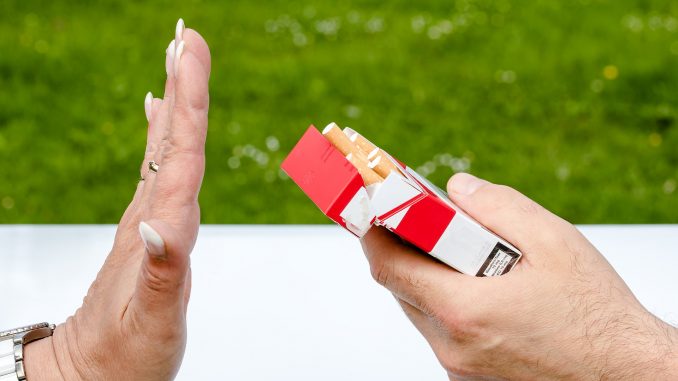
The battle to sell heat-not-burn technology continues to warm up after a significant victory for tobacco giants Philip Morris International (PMI).
A New Zealand court has ruled against the country’s own Ministry of Health by giving the go-ahead for the sale of the company’s heated tobacco product.
PMI manufactures the IQOS, a device which works by heating tobacco to around 350C – significantly lower than the 800C of a traditional cigarette. This is high enough to create a vapour but not smoke, reducing the user’s exposure to harmful compounds when compared to a normal cigarette while still delivering a nicotine hit. Despite this, there is still trepidation in certain quarters. There may be more than five million IQOS users worldwide, but they are still not for sale in the US due to concerns from the Food & Drug Administration (FDA).
Still, the verdict reached in New Zealand remains significant. The Ministry of Health had attempted to argue that the IQOS was not permitted under Smoke-Free Environments Act 1990, which bans tobacco products ‘suitable for chewing, or for any other oral use other than smoking’. But the judge for the district court in Wellington ruled that the act was open to interpretation, concluding that it must be implemented sensibly to ensure it works as originally intended.
Crucially, the judge also stated that while Heets – the heat sticks compatible with the IQOS holder – “may have associated risks in itself, (it) is not as harmful or potentially harmful as ordinary cigarette use.” That may come across as pedantic legal speak to some, but the future of IQOS hinges on the question of just how harmful they are compared to conventional cigarettes.
Earlier this year, the FDA’s advisory panel concluded it could not be claimed that the IQOS is safer than smoking, nor could it be said that switching from cigarettes would reduce the risks of tobacco-related diseases. The findings in New Zealand fly in the face of the FDA’s conclusions, representing a major step forward for heat-not-burn technology.
And New Zealand is not alone.
Last year, Germany’s Federal Institute for Risk Assessment revealed that the IQOS dramatically reduced the intake of harmful organic compounds. And in the UK, the independent Committee of Toxicity of Chemicals found it exposed users to between 50 and 90 per cent fewer ‘harmful and potentially harmful compounds’ found in traditional cigarettes.
Don’t expect the FDA to suddenly shift their position in light of these latest results, with many in the US remaining suspicious of smoking substitutes such as heat-not-burn or electronic cigarettes. But events in New Zealand certainly represent a victory for Philip Morris International – and perhaps the first step of a growing acceptance towards heat-not-burn.


Leave a Reply